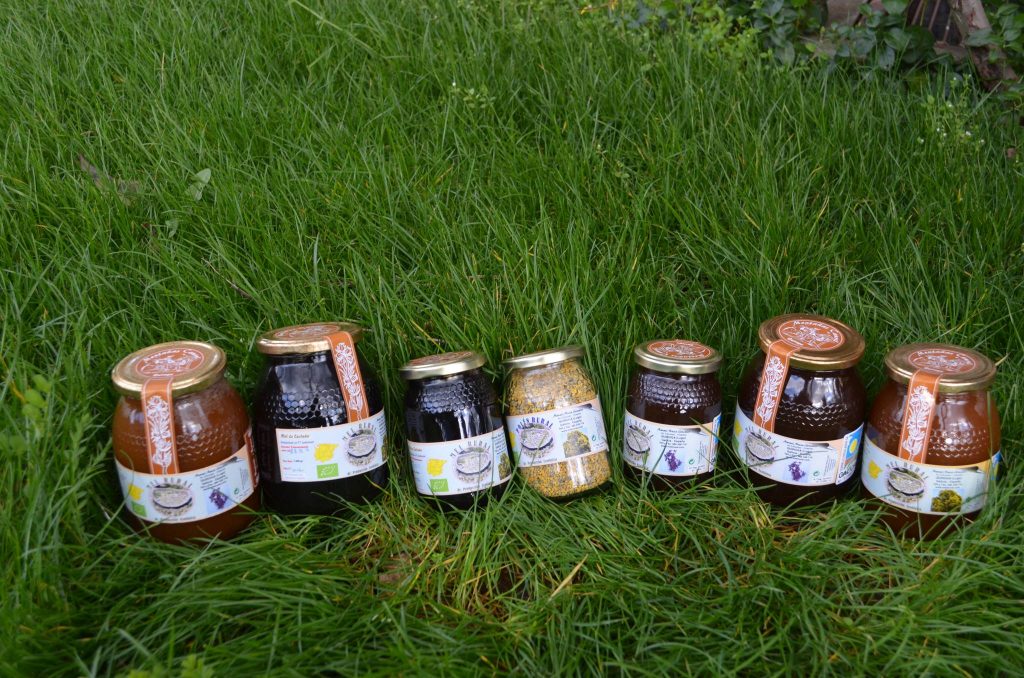
This is the story of a family business with more than half a century of experience, founded by Manuel Macía, in which the whole family dedicates its efforts to achieve products of unique quality and characteristics.
The history of the company begins more than 50 years ago. At that time, when Manuel was a child, his father gave him three traditional cork beehives with which they set up a small apiary.
That journey that lasted about two hours would become the beginning of an activity that would be perfected over the years.
As time went by, the number of beehives grew until Manuel left for Switzerland. During those years, during the seasons spent in Spain Manuel was increasing the number of hives arming traps to hunt new swarms.
After 16 years emigrating to the Alpine country, Manuel and his wife Concha return to Galicia and that is where the company really takes off.

At that time the number of beehives already amounted to about 40 traditional cork and as many modern.
In a process of productive improvement, the 40 traditional hives were replaced by modern hives. From then on, their number began to grow exponentially, rising to around 300 hives.
That same year we became the first producer of organic honey and pollen in Galicia.
Production has risen to about 1500 beehives distributed in 34 different apiaries, producing a large amount of honey and pollen of different varieties including monoflower honey, heather honey, chestnut honey and pollen and blackberry honey.
The production process is carried out with care and attention, carrying out throughout the year various activities to ensure that the swarms are comfortable in their apiaries and have everything they need to produce their precious golden product.

Heather honey starts to be collected from the hives at the beginning of April, and the process lasts until the end of June.
In the case of chestnut and blackberry honey, harvesting begins at the beginning of July and continues throughout the summer month.
After this, the extraction process is carried out in the facilities located on the ground floor of the family house.
This process consists of extracting the honey from the combs collected in the different apiaries and then going on to a decanting process for 5 days, aimed at eliminating possible impurities.
Finally we carry out the process of packaging and labelling, to give rise to packages of different varieties and capacities.
And as an image is worth a thousand words, an extract from the TVE programme «Desde Galicia para el mundo», in which Manuel appears talking about his bees and apiaries:
